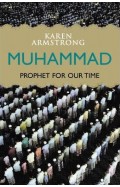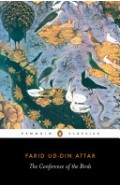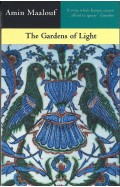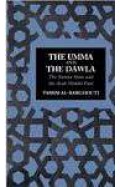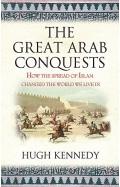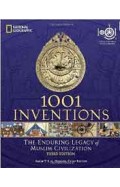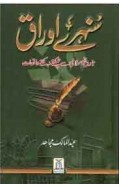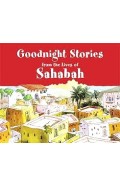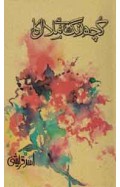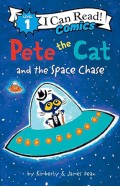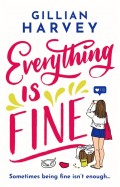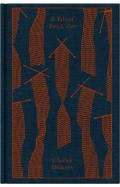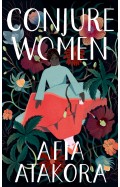Communities of the Qur’an: Dialogue, Debate and Diversity in the 21st Century
By: Emran El-Badawi
-
Rs 8,995.50
- Rs 9,995.00
- 10%
You save Rs 999.50.
Due to constant currency fluctuation, prices are subject to change with or without notice.
What is the nature of the Qur’an? It might seem a straightforward question, but there is no consensus among modern communities of the Qur’an, both Muslim and non-Muslim, about the answer. And why should there be?
On numerous occasions throughout history, believers from different schools and denominations, and at different times and places, have agreed to disagree. The Qur’anic interpreters, jurists and theologians of medieval Baghdad, Cairo and Cordoba coexisted peacefully in spite of their diverging beliefs. Seeking to revive this ‘ethics of disagreement’ of Classical Islam, this volume explores the different relationships societies around the world have with the Qur’an and how our understanding of the text can be shaped by studying the interpretations of others. From LGBT groups to urban African American communities, this book aims to represent the true diversity of communities of the Qur’an in the twenty-first century, and the dialogue and debate that can flow among them.
What is the nature of the Qur’an? It might seem a straightforward question, but there is no consensus among modern communities of the Qur’an, both Muslim and non-Muslim, about the answer. And why should there be?
On numerous occasions throughout history, believers from different schools and denominations, and at different times and places, have agreed to disagree. The Qur’anic interpreters, jurists and theologians of medieval Baghdad, Cairo and Cordoba coexisted peacefully in spite of their diverging beliefs. Seeking to revive this ‘ethics of disagreement’ of Classical Islam, this volume explores the different relationships societies around the world have with the Qur’an and how our understanding of the text can be shaped by studying the interpretations of others. From LGBT groups to urban African American communities, this book aims to represent the true diversity of communities of the Qur’an in the twenty-first century, and the dialogue and debate that can flow among them.
Communities of the Qur’an: Dialogue, Debate and Diversity in the 21st Century
By: Emran El-Badawi
Rs 8,995.50 Rs 9,995.00 Ex Tax :Rs 8,995.50
Zubin Mehta: A Musical Journey (An Authorized Biography)
By: VOID - Bakhtiar K. Dadabhoy
Rs 892.50 Rs 1,050.00 Ex Tax :Rs 892.50
1001 Inventions The Enduring Legacy Of Muslim Civilization
By: Salim T S Al-Hassani
Rs 6,540.75 Rs 7,695.00 Ex Tax :Rs 6,540.75
Goodnight Stories from the Life of Sahabah PBUH
By: Saniyasnain Khan
Rs 4,135.50 Rs 4,595.00 Ex Tax :Rs 4,135.50
No similar books from this author available at the moment.
A Tale of Two Cities (Penguin Clothbound Classics)
By: Charles Dickens
Rs 3,865.50 Rs 4,295.00 Ex Tax :Rs 3,865.50
Unlocking the Customer Value Chain
By: Thales S. Teixeira
Rs 8,995.50 Rs 9,995.00 Ex Tax :Rs 8,995.50
From Strength to Strength: Finding Success, Happiness and Deep Purpose in the Second Half of Life
By: Arthur C. Brooks
Rs 3,395.75 Rs 3,995.00 Ex Tax :Rs 3,395.75
Zubin Mehta: A Musical Journey (An Authorized Biography)
By: VOID - Bakhtiar K. Dadabhoy
Rs 892.50 Rs 1,050.00 Ex Tax :Rs 892.50
Communities of the Qur’an: Dialogue, Debate and Diversity in the 21st Century
By: Emran El-Badawi
Rs 8,995.50 Rs 9,995.00 Ex Tax :Rs 8,995.50














-120x187.jpg?q6)





